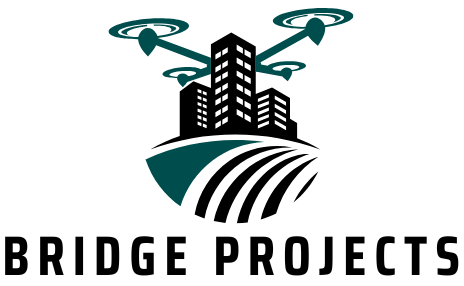Drone Pilot Certification Requirements
All drone operators must possess a valid Remote Pilot Certificate issued by the relevant aviation authority. This certification ensures that the pilot understands airspace regulations, safety measures, and operational protocols.
Operating in Controlled Airspace
Drone flights in controlled airspace require authorization from the local aviation authority. Operators must submit a request detailing the purpose, location, and duration of the flight to receive permission to operate legally and safely.
Maximum Altitude Limitations
Drones are generally restricted to a maximum altitude of 400 feet above ground level (AGL) to avoid interference with manned aircraft. Exceptions may require additional permissions from aviation authorities.
Beyond Visual Line of Sight (BVLOS) Operations
Drone flights must usually remain within the pilot’s visual line of sight. For Beyond Visual Line of Sight (BVLOS) operations, special authorization is required, typically involving additional safety protocols and technology to track the drone’s position.
Night time and Low Visibility Flying Restrictions
Drone flights are restricted to daytime hours and favorable visibility conditions unless the operator has special authorization. Drones used in low-light operations must be equipped with lighting systems to enhance visibility.
No Fly Zones Compliance
Certain areas, such as airports, government buildings, and densely populated locations, are designated as no-fly zones. Operators must ensure they comply with these restrictions to maintain public safety and avoid penalties.
Privacy and Data Collection Guidelines
Drones used for surveillance or data collection must follow strict privacy guidelines. Operators are required to inform individuals if their activities involve data collection to protect personal privacy and adhere to data protection regulations.
Maintenance and Pre Flight Inspections
Drone operators must conduct regular maintenance and pre-flight inspections to ensure equipment reliability and safety. Routine checks for battery health, sensor calibration, and structural integrity are mandatory to prevent in-flight issues.
Insurance and Liability Coverage
All commercial drone operations should be insured to cover potential liability for damages, injuries, or losses caused during operations. Some countries mandate minimum insurance requirements for operators to cover accidents.
Environmental Protection Compliance
Drone operators must consider environmental impact, particularly in ecologically sensitive areas. Some regions may restrict or impose guidelines for drone usage in nature reserves, wildlife habitats, or during migratory periods.
